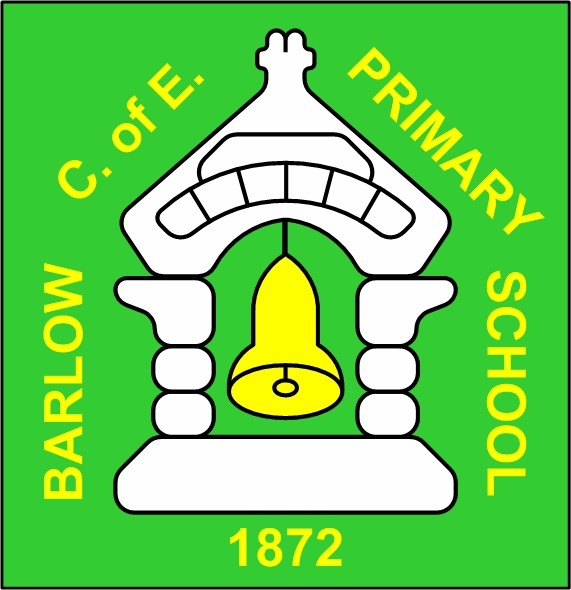Science
Science provides pupils with an understanding of the world. Throughout history, science has changed our lives and will continue to do so into the future.
Our aims for Science (Intent)
Through the teaching of Science at Barlow Primary School, we want our children to be naturally curious about the world around them. Our curriculum has been developed to ensure children have scientific knowledge and conceptual understanding through the specific disciplines of biology, chemistry and physics We want to foster a sense of wonder about natural phenomena and understanding of how and why things work in our world. We are committed to providing a stimulating, engaging and challenging learning environment. Throughout our school, children are encouraged to develop and use a range of scientific skills including questioning, hypothesising, researching and observing for ourselves. We promote the understanding of a fair test as a means of enquiry. We nurture and celebrate these skills. We want our children to have a broad scientific vocabulary; this is taught and built upon as topics are revisited in different year groups and across key stages.
How Science is taught at Barlow (Implementation)
To ensure high standards of teaching and learning in Science, we implement a curriculum that is progressive throughout the school and gives full coverage of The 2014 National Curriculum programmes of study for Science and ‘Understanding of the World’ in the Early Years Foundation Stage. At the start of each topic, teachers take time to find out what the children already understand and want to find out; we review their learning at the end of the topic. Our teachers use this to adapt and extend the curriculum to match children’s interests and needs, current events, the use of any support staff and the resources available. We teach in a variety of ways to capture the interest and skills of our children.
These may include:
- Practical experiments and hands on experiences
- Opportunity for practical enquiry
- Use of team work and investigative experimentation
- Understanding the importance of a fair test
- Formulating questions and hypotheses
- Use of a broad range of high quality resources
